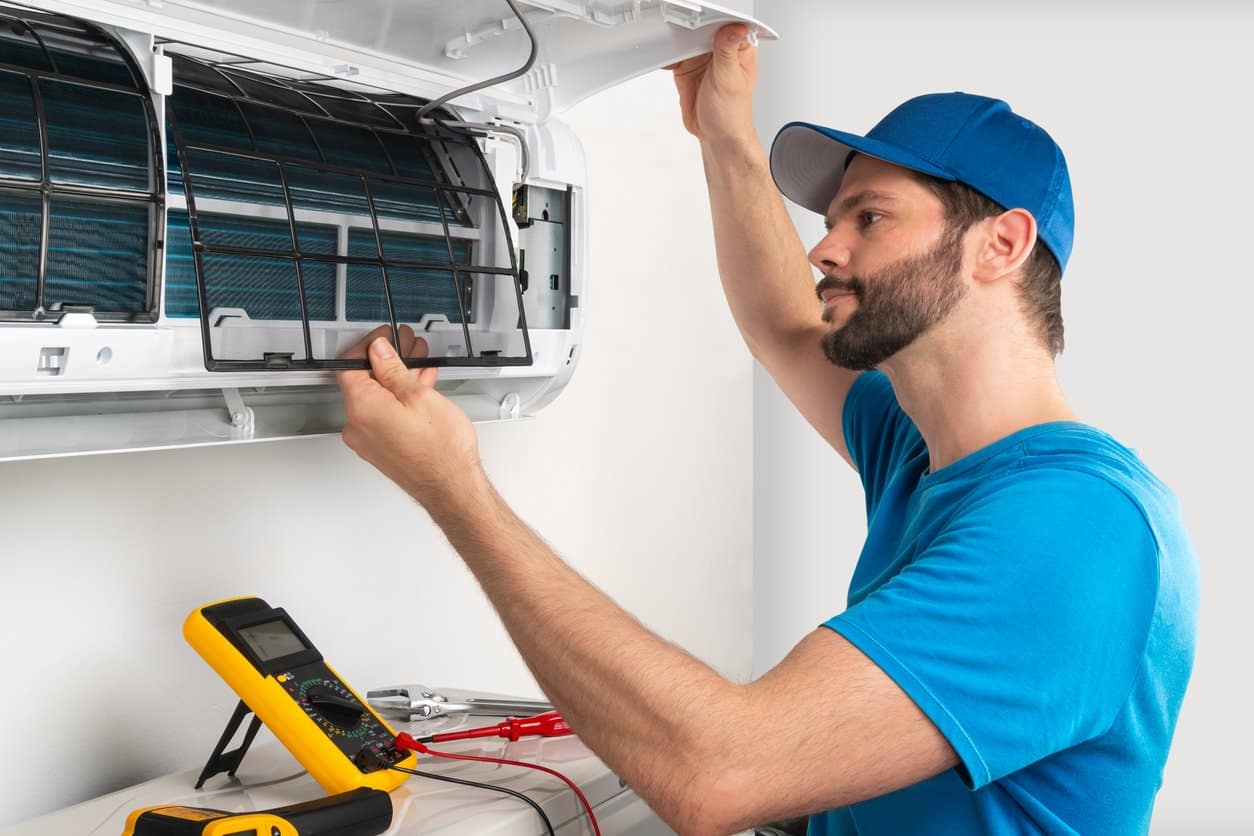AC Compressor Replacement: Ensuring Efficient Cooling for Your Vehicle
Is your car’s air conditioning system not blowing cold air as it should? One of the potential culprits could be a faulty AC compressor. The AC compressor plays a crucial role in the cooling process of your vehicle, compressing the refrigerant and circulating it through the system to cool the air inside the cabin. Over time, wear and tear or other issues can lead to the need for AC compressor replacement. In this comprehensive guide, we’ll delve into everything you need to know about AC compressor replacement, including signs that indicate it’s time for a replacement, the replacement process, cost factors, and more.
Signs That Your AC Compressor Needs Replacement
Before diving into the replacement process, it’s essential to recognize the signs indicating that your AC Compressor Replacement may be failing. Here are some common indicators to watch out for:
1. Weak or Warm Airflow

If you notice that the airflow from your car’s vents is weak or not as cold as it used to be, it could be a sign of a failing AC compressor.
2. Strange Noises
Unusual noises such as grinding, squealing, or rattling coming from the AC compressor or the engine bay may indicate internal damage or mechanical issues.
3. Leaking Refrigerant
Visible leaks or puddles of refrigerant under your vehicle can signify a leak in the AC system, which may necessitate compressor replacement.
4. AC Clutch Failure
The AC clutch is responsible for engaging and disengaging the compressor. If the clutch fails to engage properly, it can prevent the compressor from functioning correctly.
The AC Compressor Replacement Process
When faced with AC compressor issues, it’s crucial to address them promptly to avoid further damage to your vehicle’s cooling system. Here’s an overview of the AC compressor replacement process:
1. Diagnostic Testing
A certified mechanic will conduct diagnostic tests to determine the exact cause of the AC compressor malfunction. This may involve inspecting the compressor, checking for leaks, and testing system pressures.
2. Evacuation of Refrigerant
Before removing the old compressor, the refrigerant must be evacuated from the AC system using specialized equipment to prevent environmental harm.
3. Removal of Old Compressor
Once the refrigerant has been evacuated, the old compressor is carefully removed from the vehicle, along with any associated components such as hoses and fittings.
4. Installation of New Compressor
The new AC compressor, along with any replacement parts or seals, is installed in place of the old unit, ensuring proper fitment and alignment.
5. System Recharge
After installation, the AC system is recharged with the appropriate type and amount of refrigerant, following manufacturer specifications.
6. Testing and Inspection
The vehicle’s AC system is thoroughly tested to ensure proper operation, including checking for leaks, verifying cooling performance, and assessing compressor engagement.
Factors Affecting AC Compressor Replacement Cost
The cost of replacing an AC compressor can vary depending on several factors, including:
- Vehicle Make and Model: The complexity of the compressor and the availability of replacement parts can impact the overall cost.
- Type of Compressor: Different vehicles may use different types of compressors, such as rotary, reciprocating, or scroll compressors, each with varying costs.
- Labor Costs: The amount of labor required for the replacement, including diagnosis, removal, installation, and testing, will influence the total cost.
- Additional Repairs: If other components of the AC system, such as hoses, seals, or the condenser, also require replacement, it can add to the overall expense.
Conclusion
In conclusion, addressing AC compressor issues promptly is essential for maintaining comfortable driving conditions and preventing further damage to your vehicle’s cooling system. By recognizing the signs of compressor failure and understanding the replacement process, you can ensure efficient cooling performance and prolong the lifespan of your car’s AC system. If you suspect that your AC compressor may be failing, don’t hesitate to consult a qualified mechanic for diagnosis and replacement.
